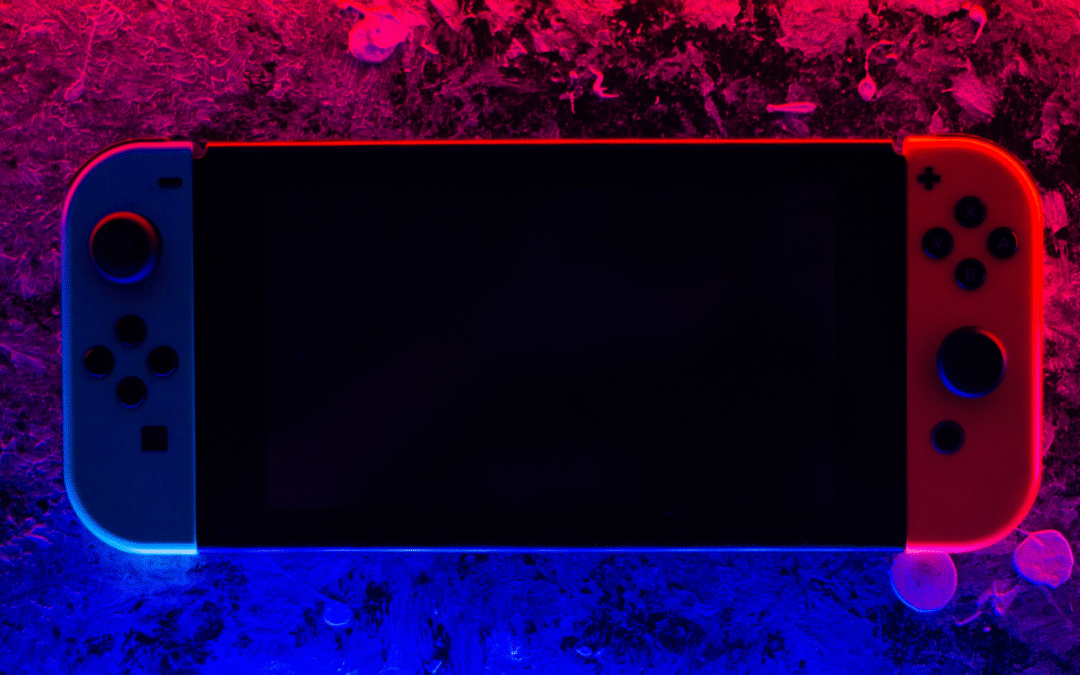Understanding Teen Video Game Addiction
Video games are designed to be engaging, with reward systems, leveling up, and online communities that encourage players to log on day after day. For most teens, these games are simply a hobby. But when a young person begins neglecting homework, sleep, physical activity, or face-to-face friendships, parents may start to notice signs of a deeper issue. Video game addiction isn’t officially classified the same way as substance use, yet it shares striking similarities: cravings, withdrawal-like irritability, and escalating time spent playing despite negative consequences.
Middle school and high school students are particularly vulnerable because their brains are still developing impulse control. At this stage, dopamine-driven rewards from gaming can overshadow healthier pursuits, pulling teens into a cycle that is hard to break alone. Recognizing this pattern early is key to ensuring your child can enjoy games responsibly while also building balance in other areas of life.
Warning Signs for Parents and Caregivers
Not every gaming teen is addicted, but there are red flags that can help parents spot when play is tipping into problematic territory. Watch for these indicators:
- Academic decline – missed assignments, falling grades, or loss of interest in schoolwork.
- Social withdrawal – skipping activities, avoiding friends, or preferring online interactions only.
- Sleep problems – staying up late to game, difficulty waking up, or constant fatigue.
- Emotional outbursts – anger, irritability, or anxiety when asked to log off.
- Loss of other interests – abandoning hobbies, sports, or family time for gaming.
- Physical symptoms – headaches, eye strain, or repetitive stress injuries from long hours of play.
- Secrecy around gaming – lying about time spent online or hiding devices.
If several of these signs appear consistently, it may be time to seek professional help. Early intervention can prevent long-term consequences while giving teens healthier strategies for managing stress and recreation.
The Role of Social Skills Training in Recovery
One of the overlooked aspects of video game addiction is how it impacts real-world confidence. Many teens feel more comfortable communicating behind a screen than face-to-face, which can limit their ability to build friendships, collaborate in school, or speak up in group settings. At The Children’s Center, social skills training (SST) is an essential component of treatment.
Through structured sessions, teens learn concrete steps such as how to start a conversation, express themselves clearly, and respond to social cues. Role-playing exercises, coaching, and feedback provide safe opportunities to practice skills they may have avoided in daily life. Parents and caregivers are included so they can reinforce lessons at home, strengthening progress beyond therapy sessions.
The results often go beyond reducing gaming dependence. Teens who build stronger social confidence tend to re-engage in clubs, sports, or casual hangouts, replacing screen time with meaningful in-person connections. For families concerned about their child’s future, SST offers hope that they can thrive in both digital and real-world environments.
Evidence-Based Treatment Approaches
Treating teen video game addiction isn’t about banning devices altogether; it’s about restoring balance. At The Children’s Center, clinicians take a personalized approach that may include:
- Cognitive-behavioral therapy (CBT): Helping teens identify thought patterns that drive compulsive gaming and replace them with healthier coping strategies.
- Family therapy: Strengthening communication between parents and children to reduce conflicts and establish clear expectations around technology use.
- Mindfulness and stress management: Teaching relaxation techniques that give teens alternative outlets when they feel the urge to game excessively.
- Academic support: Working with schools to ensure teens can catch up on missed work and rebuild confidence in their studies.
By blending these methods with social skills training, treatment empowers teens not only to reduce screen time but also to rediscover joy in balanced, offline living. Parents are key partners in the process, helping to create an environment where new habits can take root.
Helping Your Teen Reclaim Balance
Video games themselves are not the enemy. When used in moderation, they can encourage problem-solving, creativity, and teamwork. The challenge comes when gaming overshadows school, friendships, and family life. Parents can start by setting reasonable limits, modeling healthy tech habits, and opening conversations about online experiences. But when the problem feels bigger than house rules can handle, seeking professional help is a wise step.
At The Children’s Center, we believe treatment is about more than reducing screen time—it’s about equipping teens with skills for lifelong success. With compassionate clinicians, evidence-based therapies, and social skills training that boosts real-world confidence, families can find a path forward.
If your middle or high schooler is struggling with video game addiction, you don’t have to face it alone. Contact The Children’s Center today to learn how we can help your teen regain balance, confidence, and connection.

